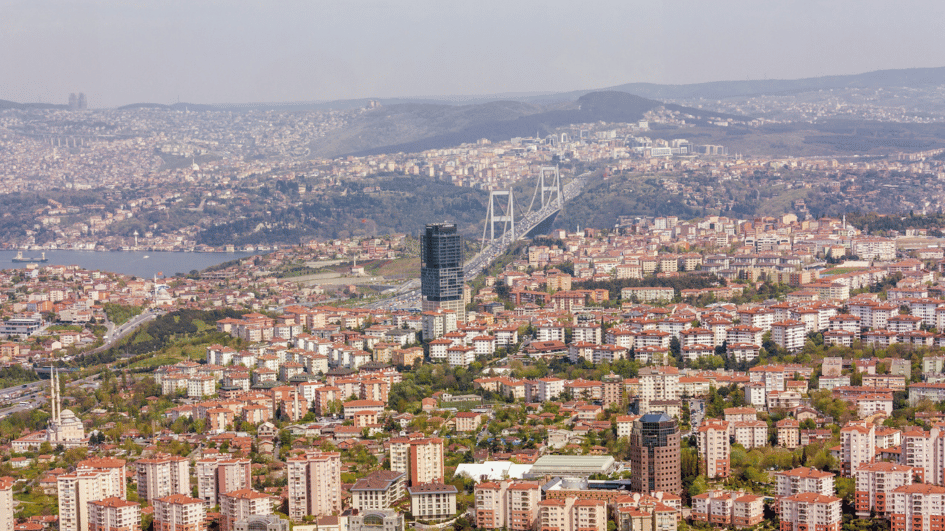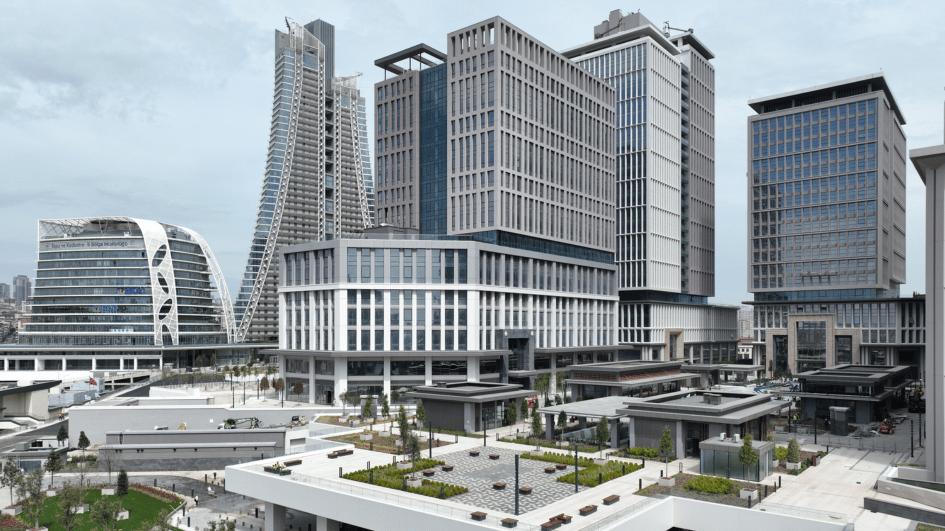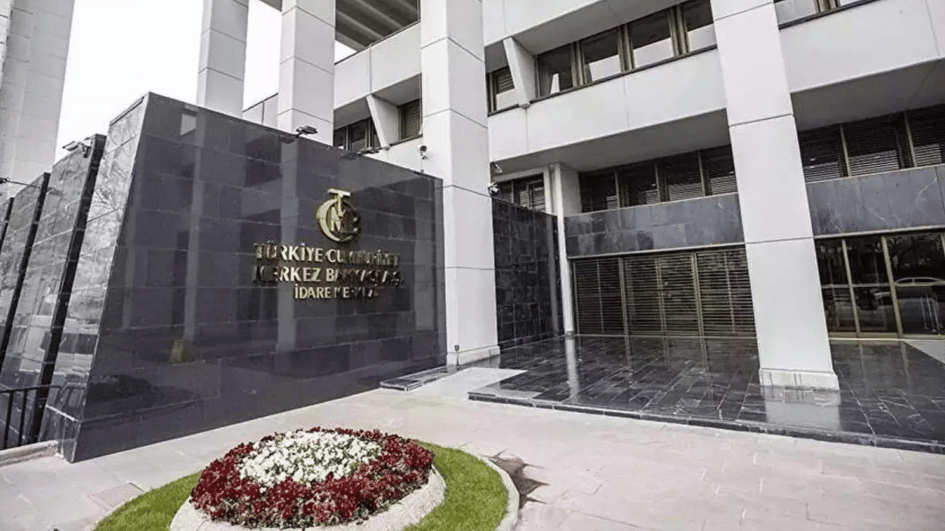This is not the way to govern
The Justice and Development Party (AKP) is planning to hold a series of demonstrations in the coming days to flex its political muscles on behalf of an increasingly irascible and bellicose Prime Minister Recep Tayyip Erdoğan, in what is bound to worsen the already tense situation in the country. The AKP is clearly trying to get even with the Gezi Park protesters and their supporters across Turkey in this way.
Neither Erdoğan nor the AKP seem to understand that a spontaneous nationwide outburst of anger by people young and old and from all shades of the political spectrum – from Kemalists to the ultra-left, from nationalists to environmentalists – is not the same thing as an organized demonstration where unquestioning crowds are shepherded into public squares by party whips for a show of force.
Ironically, Erdoğan, at the very moment that he has been at his most divisive, has managed to unite all his opponents against him and the AKP. The whole world is watching developments in Turkey unfold on live television and following with amazement his understanding of “crisis management.” Neither does he appear to care what kind of an impression all of this is creating for Turkey, which only until recently was being praised as a stable democracy and a developing economy in a turbulent part of the world.
Erdoğan may have 50 percent of the vote behind him, as he likes to remind everyone angrily, but he is showing that having such support does not necessarily mean one also has mastered the art of governing a nation. Rather than face up to the “message of the street” as President Abdullah Gül put it recently, he insists instead on inventing fictitious internal and external enemies to blame for the unrest.
The latest incidents, including the amateurish manner in which the situation was inflamed on Tuesday night by the police and those who gave them their orders, shows that for all his continuing popularity, Erdoğan is not the sort of person one would normally turn to or want to see at the helm during a national crisis.
Contrary to what true leadership calls for in such situation, he has preferred to pour fuel on the situation and aggravate it further, rather than try and douse the social discontent he and his party have unleashed. Yet with the right attitude and management skills, he could have entered the history books as a person who solved Turkey’s seemingly intractable problems, and put the country in the league of great nations.
His brave approach to the Kurdish problem, and even braver approach to ending the campaign of terror by the Kurdistan Workers’ Party (PKK), indicates that if he were to utilize the strong mandate he received in the June 2011 elections properly, he could have done much for the country. As matters stand, he is increasingly seen as a divisive figure driven almost blind with his Islam-based ideological fixation that is taking Turkey backwards.
This is not what someone who expects to be around until 2023, and enter the history books as a result of his great services to the nation, should do. Given the manner in which he has managed this crisis, it is unlikely that he will be around that long, unless he changes his attitude in a radical way and starts to behave like the prime minister of a country that is marked with great social, religious, sectarian, ethnic and regional diversity.
All he has achieved lately is to undermine his own international reputation and let the genie out of the bottle in Turkey by elements he is labeling as “çapulcu” (which means pillaging and looting louts). The profile of those in Gezi Park, however, is that of an increasingly aware and educated generation that represents the future of a modern, secular and truly democratic Turkey.
The whole world will soon see what those corralled into public squares by the AKP for a show of political force look like, and what they represent in terms of a modern, secular and democratic Turkey.











